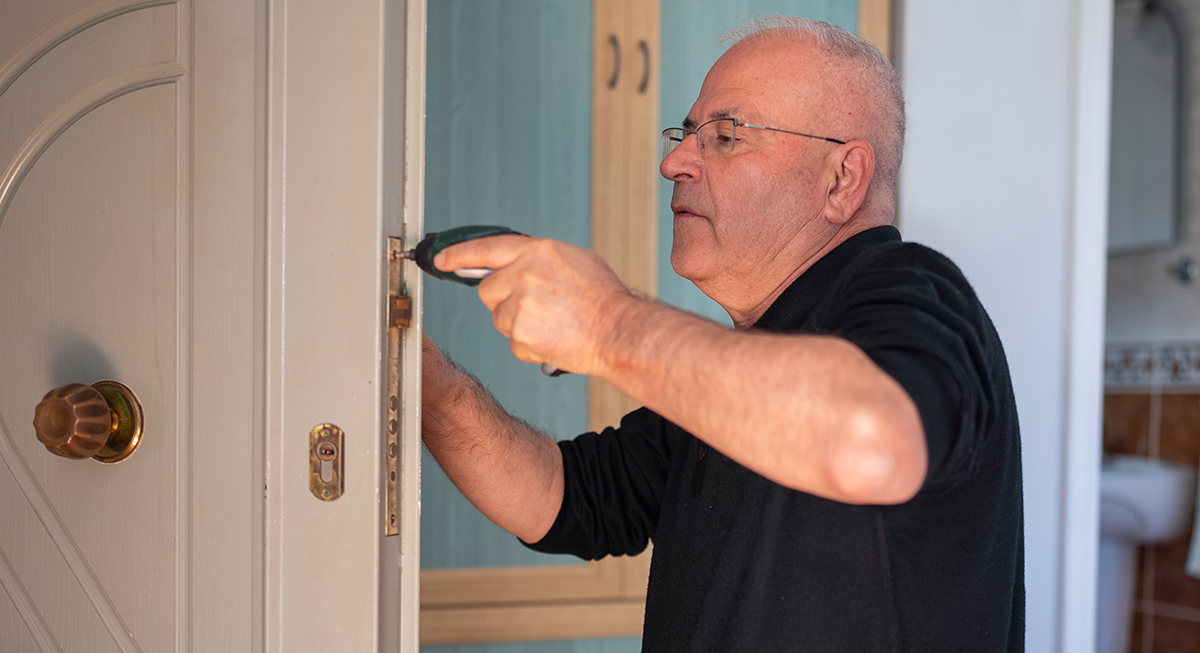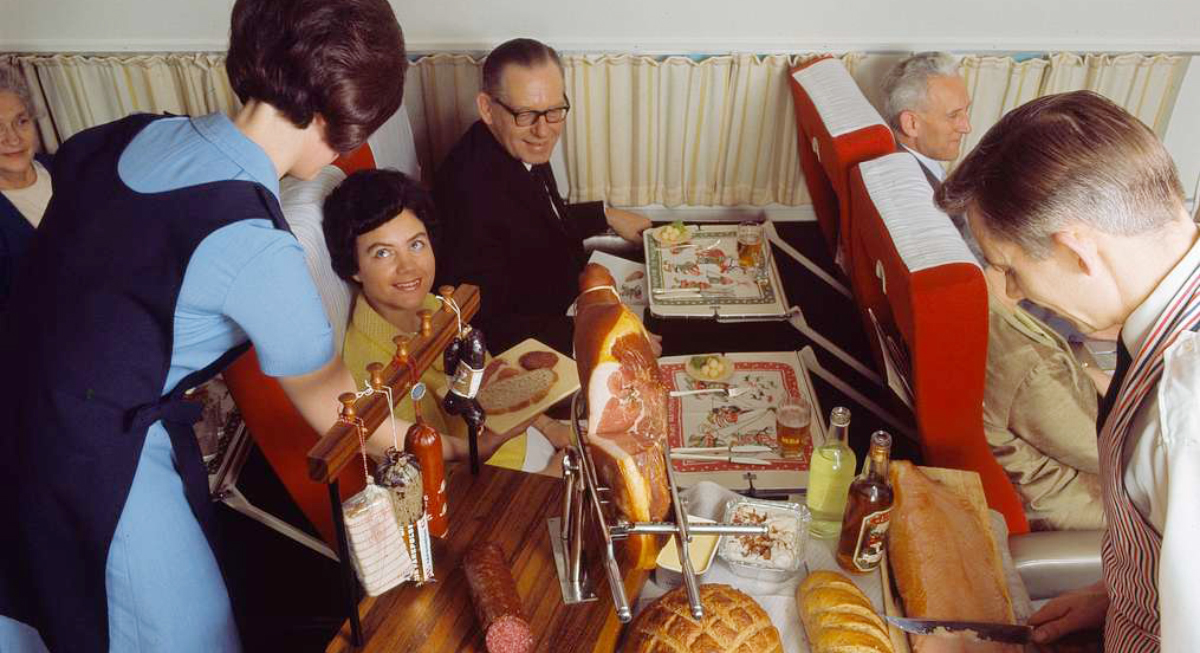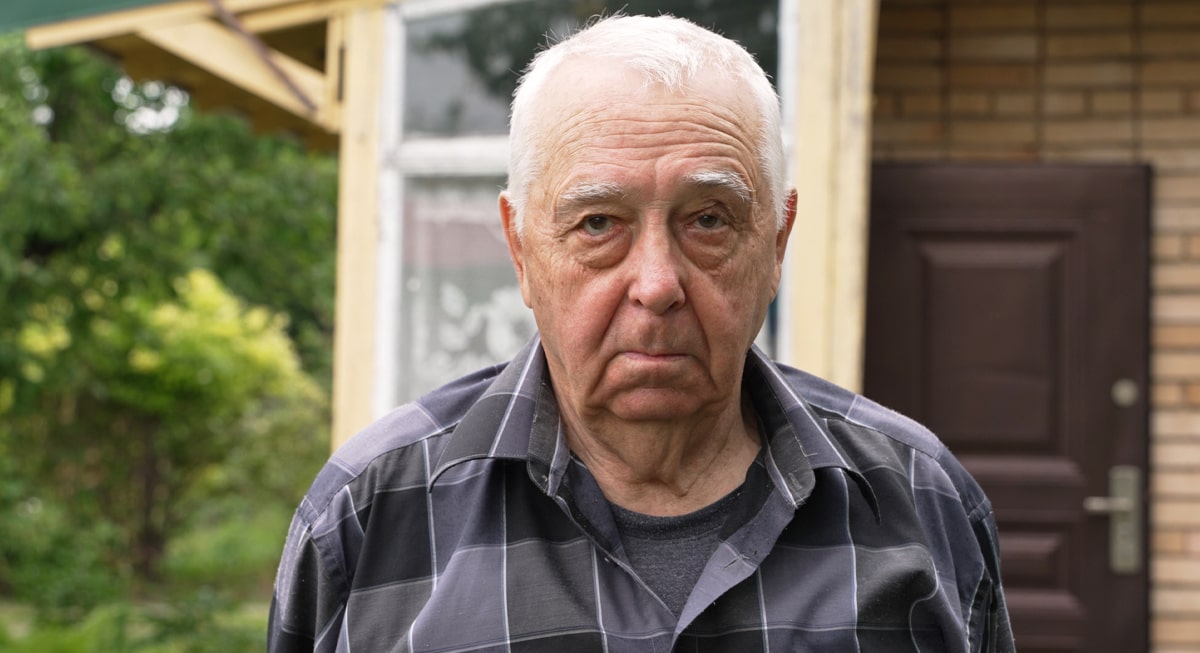As many people know, the big issue with government employment right now is the high number of people who are nearing retirement age. Which should be great for youngsters like me, just getting into government service. Lots of room for growth. And for the most part, that is true, though a lot of the potential retirees have decided to hang on for a few more years thanks to the state of the economy and the shrinking of their retirement accounts. That's okay - I have a lot that I can learn from them.
Every day though, it seems like someone is talking about retirement and how they're eligible already or will be eligible very soon. It's amazing the joy you see in someone's eyes when they say "It's just nice to know that any day, I can decide 'I'm done with this' and retire and go on my merry way."
What is impressive is the people who can and do retire as soon as they hit their minimum retirement age. Because of changing rules for federal employees, for some people, that's as early as 55 years old. (I'll be eligible at 57 if I stay with the government.) It impresses me that they have managed to save so well that at 55, they can retire and be set for the rest of their lives.
I asked a few of them what they did to be sure that they were in a good position. The main answer is "I work for the government." Okay, yes, government retirement benefits are pretty good. But you can't just rely on them. I did a quick calculation, and with very little work on my part, at 57, I could have a monthly income of a little less than half of what I am bringing home when I retire. Depending on how much I make at that point, it's not a bad number. But looking at it in today's numbers, a little less than half of my monthly income today might be tough to live on. Doable, sure, though not in my current housing situation, and also not a lot of room for fun in that estimate.
So to have a good, solid retirement, I need to plan. When my 57th birthday rolls around, I want to be one of those who are joyously looking at the calendar and knowing that I can retire at any time (even if I plan to wait until my mid-60's to actually retire). I don't want to be one of the people walking around in a panic, wondering how much longer I have to work and how much I can save over the next few years to that I can finally retire.
But what if you can't save any more than you already are? What if you would like to put the max into your 401(k) but just can't afford it? In my opinion, if you're eligible for a match, do everything you can to put in the money up to the maximum match. It's free money. Beyond that, do what you can. Every dollar helps.









